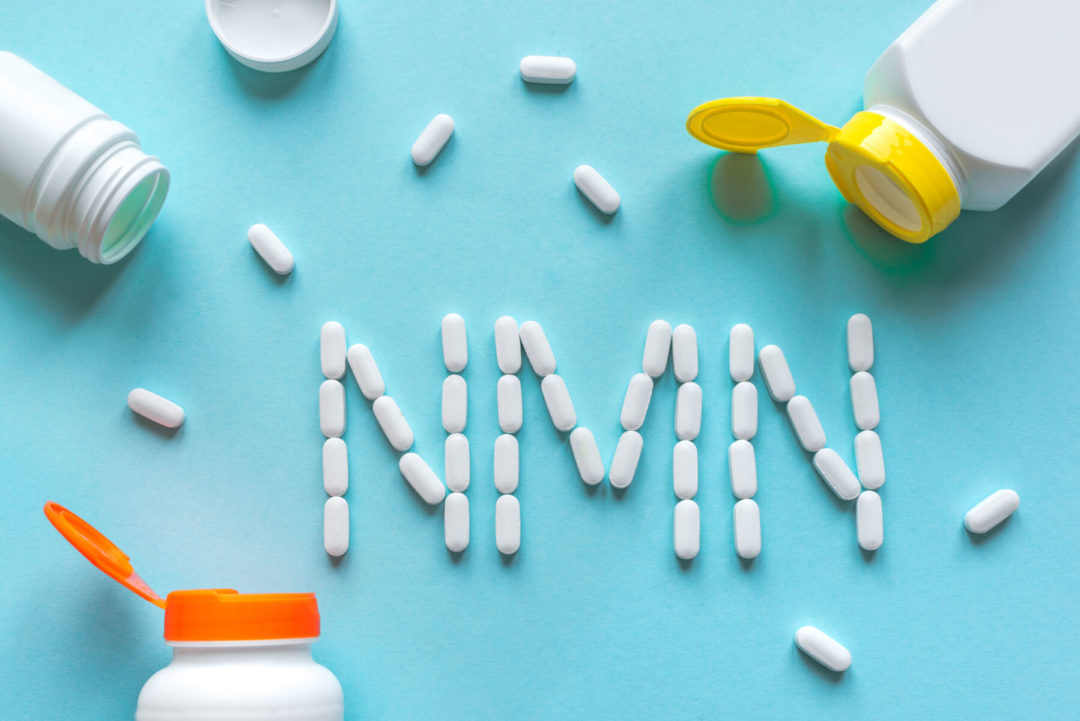NMN has previously been shown to counteract aspects of aging and to improve metabolic health in mice. In people, it is known to be involved in producing an important compound called nicotinamide adenine dinucleotide, or NAD, which plays a vital role in keeping animals health. NAD levels decline with age in many animals, including humans, and animal studies have found that supplementation with NMN slows and ameliorates age-related function decline in many tissues of the body.
The randomized clinical trial was performed on 25 postmenopausal women with prediabetes. 13 women received 250mg of NMN orally every day for 10 weeks; 12 were given a placebo daily over the same period. NMN improved expression of genes that are involved in muscle structure and remodeling, and it improved the ability of insulin to increase glucose uptake in skeletal muscle. However, it did not lower blood glucose or blood pressure, improve the blood lipid profile, increase insulin sensitivity in the liver, reduce liver fat, or decrease circulating markers of inflammation, all of which were effects seen in mice.
Related: Bioenergy Ingredient May Support Stress Response, Healthy Aging Black Seed Oil: Benefits Backed by Science Study Suggests Maypro Anti-Aging Ingredient May Be Highly Effective
Although our study shows a beneficial effect of NMN in skeletal muscle, it is premature to make any clinical recommendations based on the results from our study,” said senior investigator Samuel Klein, M.D., the William H. Danforth Professor of Medicine and Nutritional Science and director of the Center for Human Nutrition, in a press release. “Normally, when a treatment improves insulin sensitivity in skeletal muscle, as is observed with weight loss or some diabetes medications, there also are related improvements in other markers of metabolic health, which we did not detect in our study participants.”Co-investigator Shin-ichiro Imai, MD, Ph.D., a professor of developmental biology and of medicine who has been studying NMN for almost two decades and first reported on its benefits in mice, added, “This is one step toward the development of an anti-aging intervention, though more research is needed to fully understand the cellular mechanisms responsible for the effects observed in skeletal muscle in people.”










